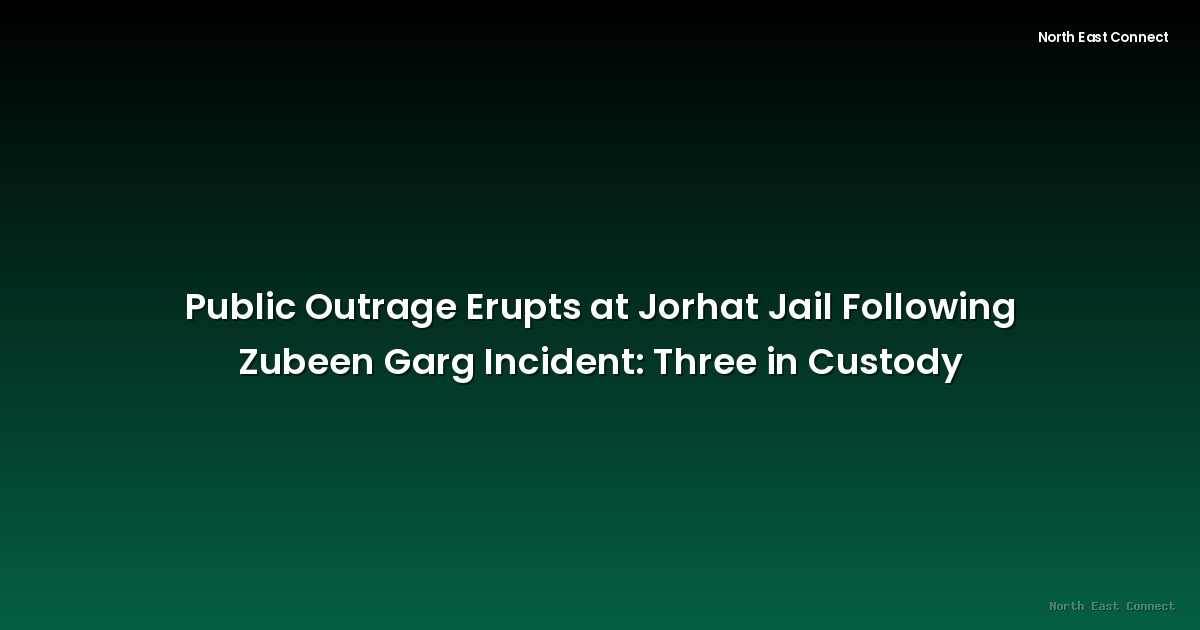2025-08-27 · News
Assam's ongoing eviction drives, aimed at reclaiming encroached government land, have raised significant security concerns. Intelligence agencies and security forces have expressed apprehension that these large-scale displacement operations could inadvertently create a fertile ground for exploitation by jihadi groups operating within the region and beyond.
The concern stems from the potential for radical groups to capitalize on the vulnerability and displacement of affected populations. The process of eviction, often characterized by disruption and social unrest, can create a sense of disillusionment and resentment, making individuals more susceptible to extremist ideologies. This vulnerability is further compounded by the potential for groups to exploit the resulting chaos and instability to recruit new members or conduct subversive activities.
While the evictions themselves are intended to address land encroachment issues, the potential consequences for regional security are substantial. The movement of large numbers of people, often without adequate resettlement plans, can disrupt social fabric and create a power vacuum that extremist organizations might seek to fill. The lack of resources and support for those displaced further exacerbates their vulnerability.
Security agencies are reportedly monitoring the situation closely, highlighting the need for a comprehensive strategy that addresses not only the immediate logistical challenges of the eviction drives but also the longer-term societal implications. This includes ensuring adequate resettlement and rehabilitation measures for those affected, as well as strengthening counter-terrorism efforts to prevent extremist groups from exploiting the situation.
The government's approach to the eviction process is therefore under scrutiny. Critics argue that a lack of transparency and proper planning could unintentionally exacerbate security risks. They emphasize the need for a more humane and inclusive approach that minimizes disruption and addresses the root causes of land encroachment, rather than solely focusing on displacement.
The potential for jihadi exploitation of the evictions presents a complex challenge. It requires a multi-pronged approach encompassing robust security measures, effective resettlement strategies, and proactive community engagement to mitigate the risks and address the concerns of vulnerable populations. Failure to address these concerns could destabilize the region and potentially lead to a surge in extremist activity. The focus now turns to ensuring that the eviction drives, while achieving their stated objectives, do not inadvertently fuel the very threat they aim to counteract. A delicate balance needs to be struck between enforcing the law and safeguarding the well-being and security of the affected communities. The situation remains fluid, and ongoing monitoring is crucial to prevent the potential security risks from escalating. The long-term success of the eviction drives will depend not only on their immediate impact but also on the efficacy of the measures put in place to manage the potential fallout and address the security concerns that they have raised.







